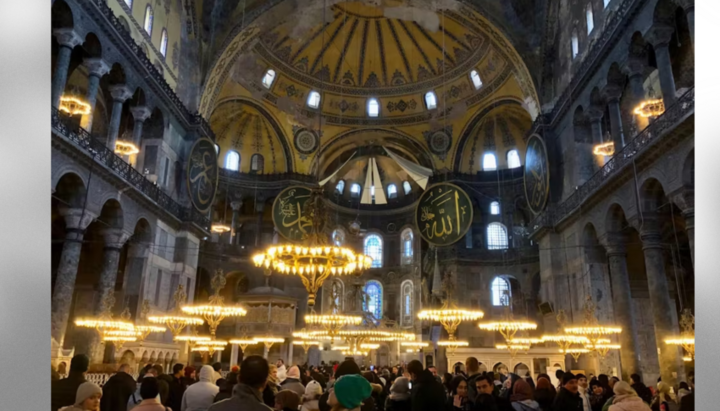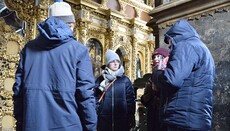Christians deported from Turkey under "national security" pretext

Repression is growing against Christians who have lived in the country for decades.
Since the reconversion of Hagia Sophia in Istanbul into a mosque in 2022, pressure on Christian communities in Turkey has intensified. According to ADF International, hundreds of Christians have been forced to leave the country in recent years, many of whom had lived there for 20–30 years, reports tribunechretienne.com.
They are being denied visa renewals, forbidden to hold worship services or Bible studies, and are now being expelled altogether.
According to human rights defenders, the Turkish Ministry of the Interior assigns Christians special “security codes” – N-82 and G-87 – which automatically prohibit entry into the country. As a result, people who had lived peacefully in Turkey for decades are suddenly labeled as “threats” and stripped of their homes, jobs, and families.
At the OSCE Human Rights Conference in Warsaw, ADF lawyer Lidia Rieder called the situation “an abuse of power and a direct violation of freedom of religion.”
“To brand peaceful Christians as security threats is an attack on the very foundations of tolerance and peaceful coexistence,” she emphasized.
International observers have paid particular attention to the case of Kenneth Vist, a U.S. citizen who had lived in Turkey for over thirty years. In 2019, he was suddenly banned from re-entering the country, where his family remains. He is now seeking justice at the European Court of Human Rights, accusing Ankara of violating his rights to faith and family life.
According to the Initiative for Religious Freedom, Christians remain the most persecuted religious minority in Turkey. Despite government statements about “democracy and pluralism,” the reality increasingly shows the opposite.
As reported by the UOJ, Turkey has banned the Divine Liturgy at Panagia Sumela for the second consecutive year.












